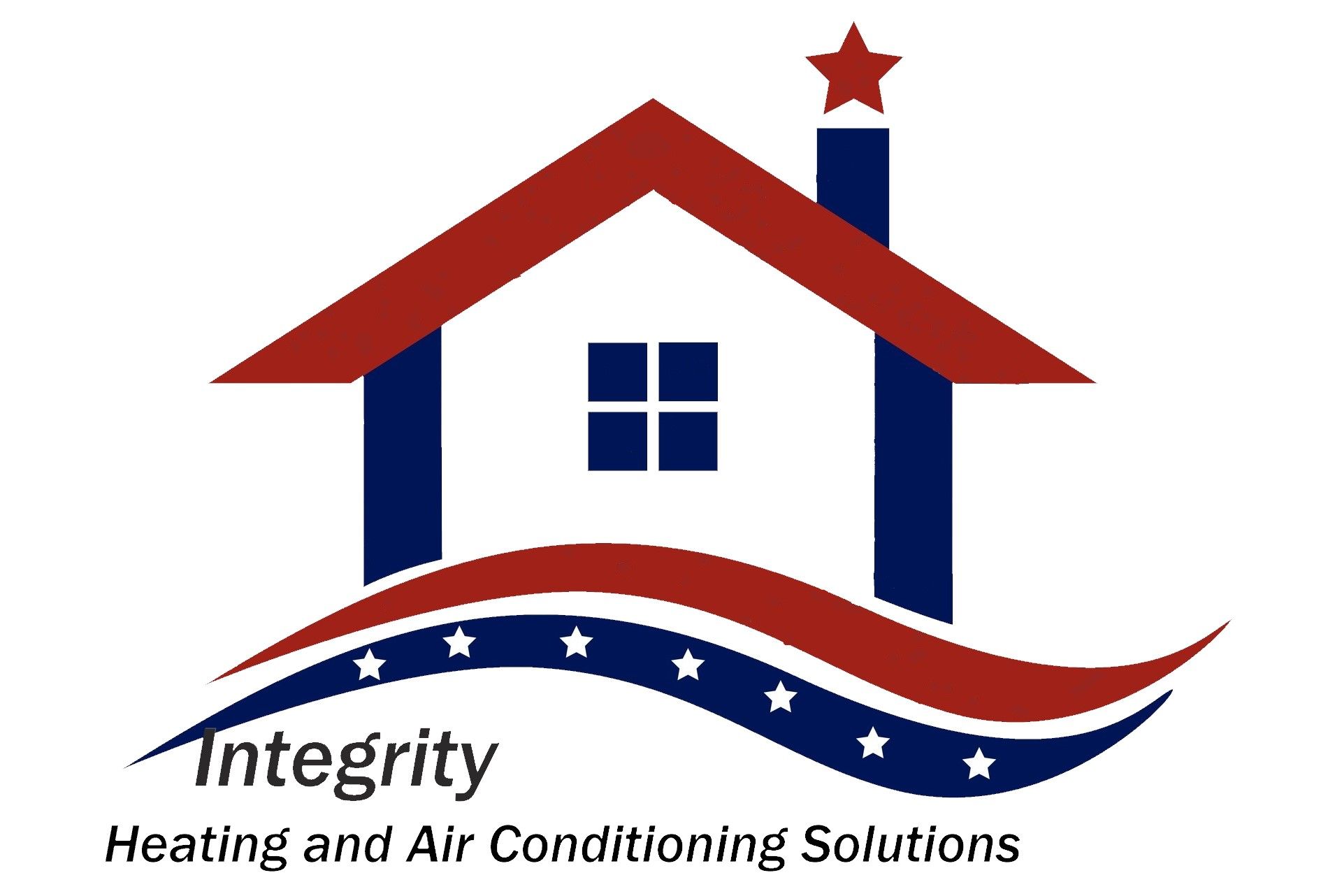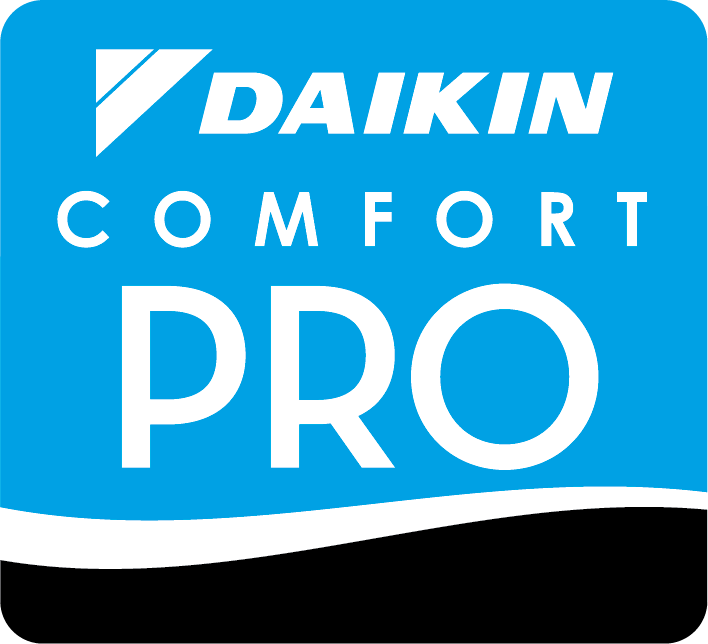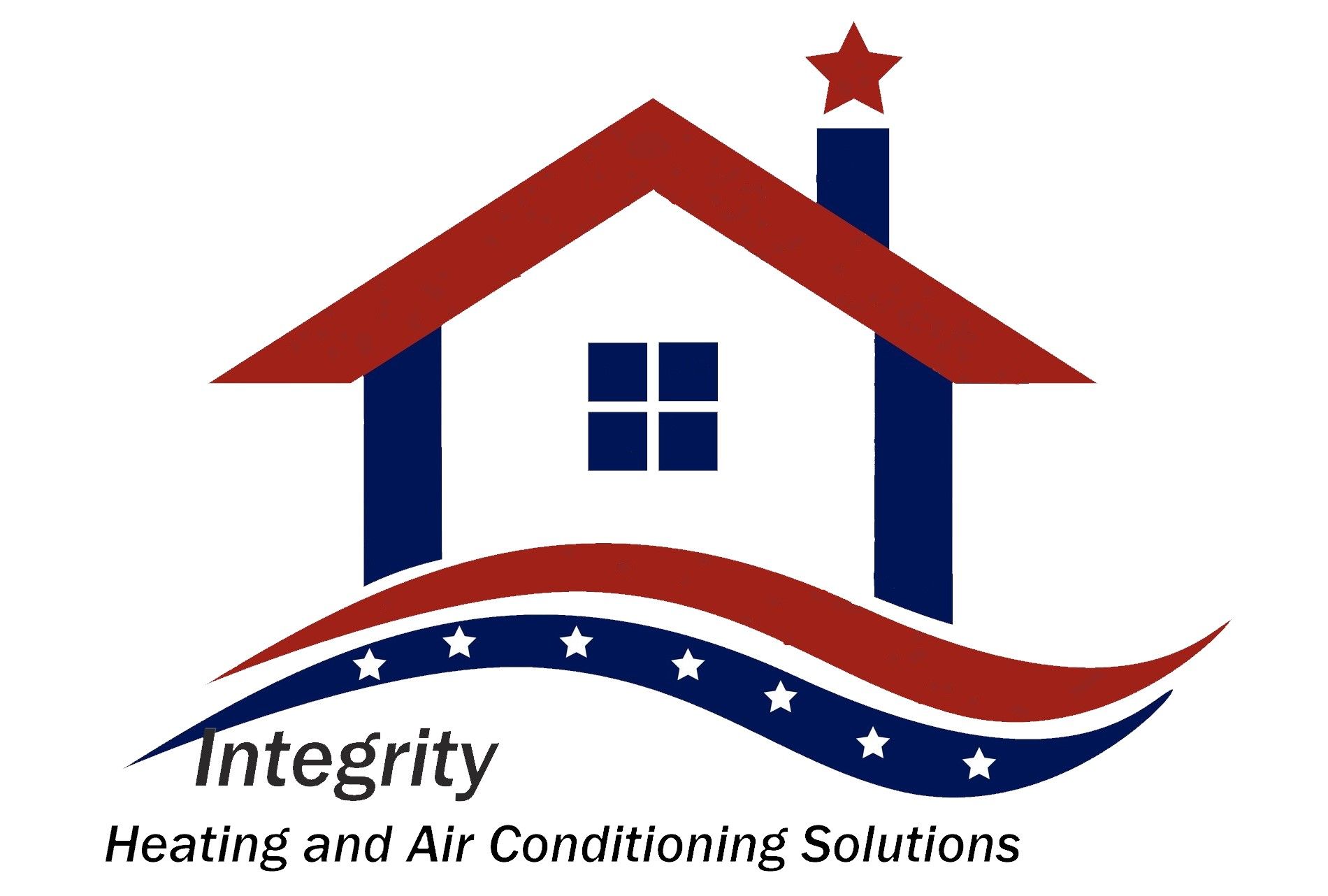FAQ
Your Questions, Answered
Find answers to common HVAC questions in our FAQs. We’re here to help you make informed decisions for your comfort
Frequently Asked Questions
Explore our frequently asked questions for answers to common inquiries about HVAC services, safety measures, and more. If you have further questions, don’t hesitate to contact our team for assistance
-
What types of HVAC services do you offer?
We provide a full range of HVAC services, including residential and commercial repairs, installations, maintenance, and indoor air quality solutions.
-
How often should I have my HVAC system serviced?
We recommend scheduling maintenance at least once a year to ensure optimal performance and extend the life of your system.
-
What signs indicate that my HVAC system needs repair?
Common signs include unusual noises, inconsistent temperatures, increased energy bills, and frequent cycling on and off.
-
Do you offer emergency HVAC services?
Yes, we provide 24/7 emergency HVAC services to address urgent issues when you need them most.
-
How can I improve my indoor air quality?
Consider air purifiers, humidifiers, regular duct cleaning, and routine HVAC maintenance to enhance your indoor air quality.
-
What financing options are available for HVAC installations?
We offer various financing options to make your HVAC installation more affordable. Contact us for details on our plans and promotions.



